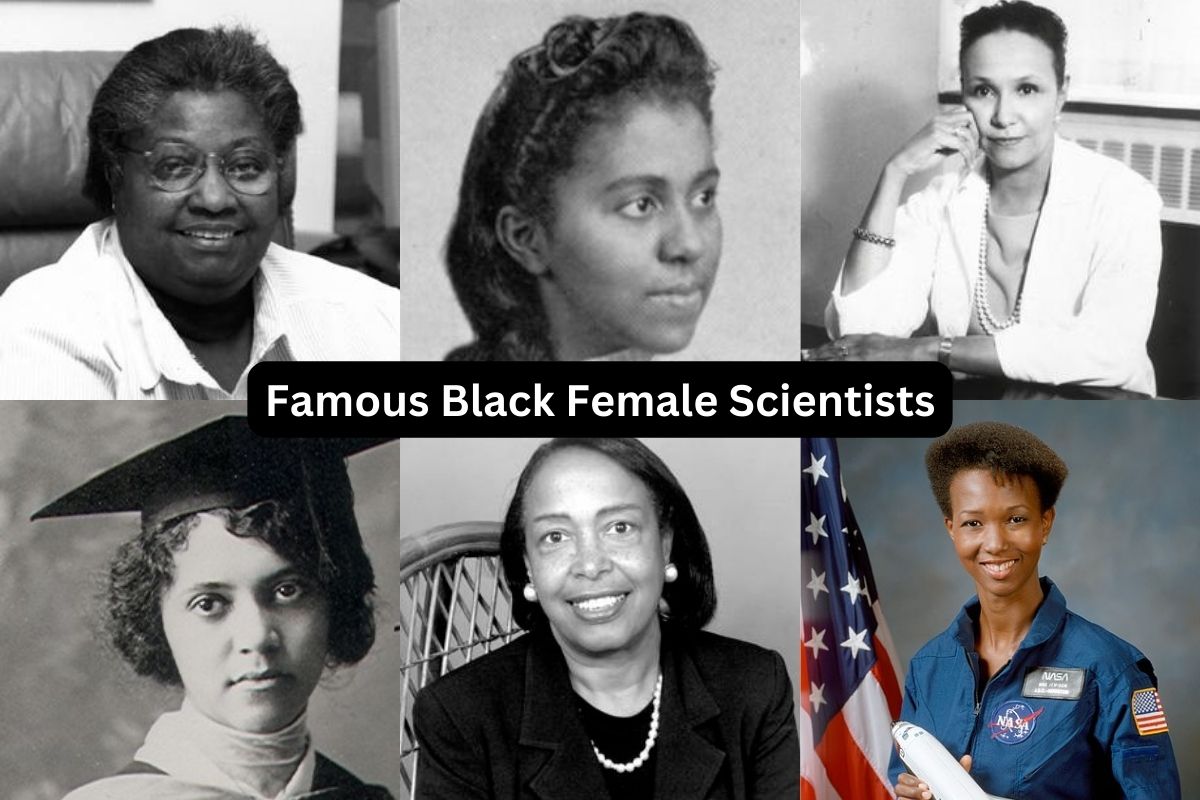Throughout history, Black female scientists have defied barriers, shattered glass ceilings, and made groundbreaking contributions to various fields of science.
Their remarkable achievements not only advanced our understanding of the natural world but also paved the way for greater diversity and inclusion in STEM disciplines.
In this article, we will explore the remarkable journeys and significant contributions of some of the most renowned Black female scientists, from pioneers in chemistry and biology to trailblazers in space exploration and medical research.
Their stories serve as a testament to the power of perseverance, intellect, and innovation in the pursuit of scientific excellence, and their legacies continue to inspire future generations of scientists worldwide.
Famous Black Female Scientists
1. Marie M. Daly (1921-2003)
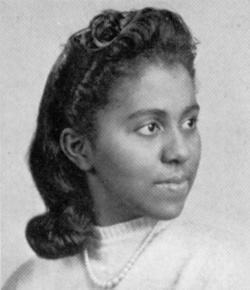
Marie M. Daly was a groundbreaking biochemist and educator.
She was the first African American woman to earn a Ph.D. in chemistry, which she obtained from Columbia University in 1947.
Daly conducted pioneering research on the effects of cholesterol on the heart and the role of proteins in cell function.
She also worked as a professor and was committed to promoting STEM education among minority students.
2. Patricia Bath (1942-2019)
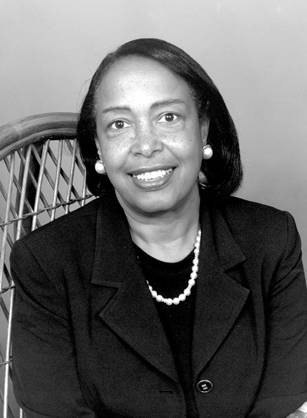
Patricia Bath was an accomplished ophthalmologist and inventor.
She is best known for inventing the Laserphaco Probe, a medical device that significantly improved cataract surgery by using laser technology to remove cataracts.
Also Read: Famous Hispanic Scientists
Her invention revolutionized eye surgery, making it less invasive and more precise.
Bath was a strong advocate for global blindness prevention and co-founded the American Institute for the Prevention of Blindness.
3. Mae Jemison (born 1956)
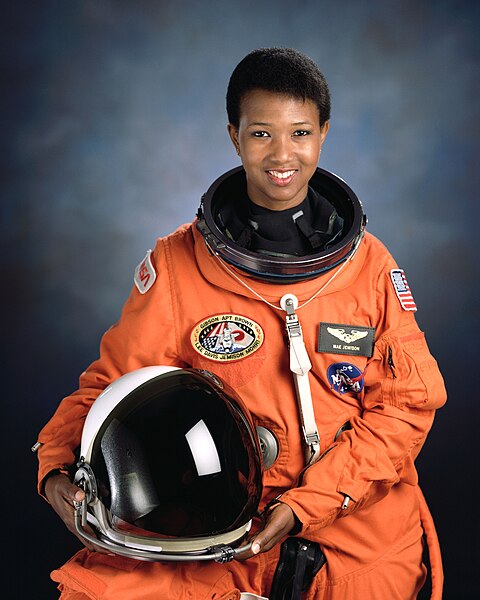
Mae Jemison is a physician, engineer, and former astronaut.
In 1992, she made history as the first African American woman to travel to space when she flew aboard the Space Shuttle Endeavour during mission STS-47.
Also Read: Most Famous American Scientists
Jemison’s work has extended beyond her space mission; she has also been involved in medical research and founded The Jemison Group, a technology consulting firm.
She is a passionate advocate for science education and encourages young people, especially girls and minorities, to pursue careers in STEM fields.
4. Shirley Ann Jackson (born 1946)
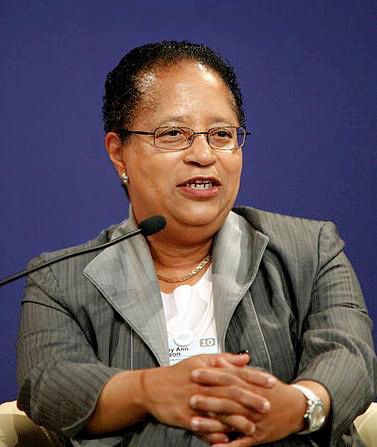
Shirley Ann Jackson is a prominent theoretical physicist and researcher.
She earned her Ph.D. in nuclear physics from the Massachusetts Institute of Technology (MIT), becoming the first African American woman to do so.
Jackson conducted groundbreaking research in condensed matter physics, including studies on semiconductors and the behavior of electrons in two-dimensional systems.
She has held various leadership positions, including serving as the president of Rensselaer Polytechnic Institute and chairing the U.S. Nuclear Regulatory Commission.
Jackson is a trailblazer for women and minorities in STEM fields, with a career marked by scientific excellence and leadership.
5. Jewel Plummer Cobb (1924-2017)
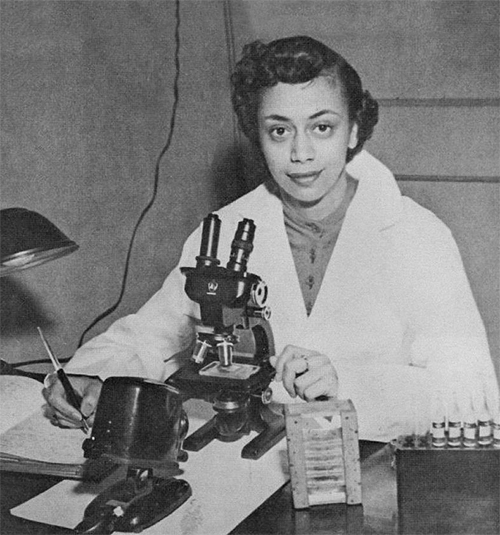
Jewel Plummer Cobb was a renowned cell biologist, cancer researcher, and educator.
She made history as the first African American woman to chair a department at a medical school when she led the cell biology department at New York University (NYU).
Cobb conducted important research in cancer biology, focusing on melanoma, and made significant contributions to our understanding of cell behavior and cancer growth.
Later in her career, she served as the president of California State University, Fullerton, where she worked to improve access to higher education for underrepresented groups.
6. Ernestine Stevens (born 1936)
Ernestine Stevens is a distinguished chemist who has made notable contributions to vaccine development and HIV research.
She worked at the National Institutes of Health (NIH) and the U.S. Food and Drug Administration (FDA) on vaccine development for hepatitis and measles.
Stevens has also played a crucial role in HIV research, focusing on the virus’s genetics and molecular biology.
Her work has had a significant impact on understanding and combating infectious diseases, making her a respected figure in the field of medical research.
7. Aprille Ericsson-Jackson (born 1963)
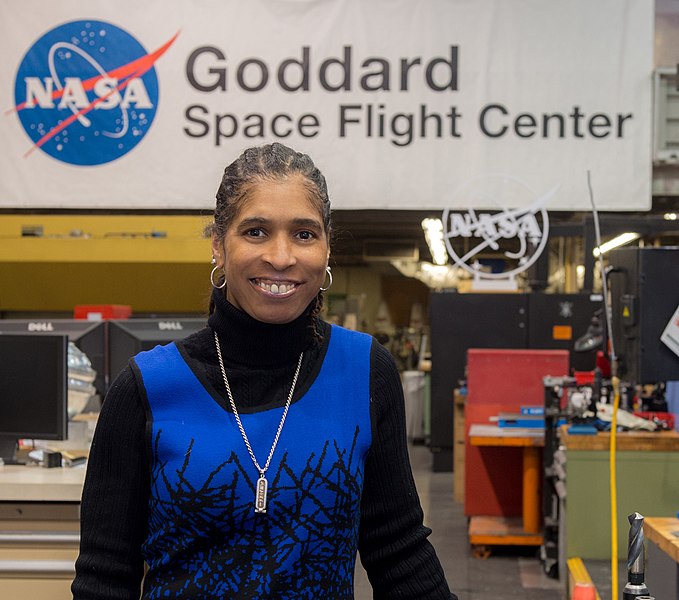
Aprille Ericsson-Jackson is an accomplished aerospace engineer and researcher.
She earned her Ph.D. in mechanical engineering from Howard University, becoming the first African American woman to do so.
Ericsson-Jackson has worked for NASA, where she contributed to missions such as the Mars Exploration Rover.
Her expertise lies in the field of guidance, navigation, and control systems for spacecraft, and she has played a vital role in advancing our understanding of space exploration.
8. Alexa Canady (born 1950)
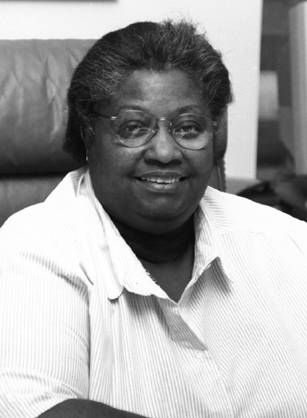
Alexa Canady is a pioneering neurosurgeon and advocate for medical diversity.
She became the first African American woman to be board-certified in neurosurgery.
Throughout her career, Canady has focused on pediatric neurosurgery, particularly in treating hydrocephalus.
She has been an inspiration to many aspiring doctors and has advocated for increased diversity in the medical field.
9. Jane C. Wright (1919-2013)
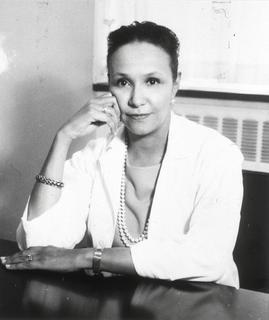
Jane C. Wright was a pioneering oncologist and cancer researcher.
She is known for her development of the “Wright protocol,” which was an innovative approach to cancer treatment that involved using chemotherapy to shrink tumors before surgical removal.
Wright’s work significantly advanced the field of oncology and contributed to the development of modern chemotherapy techniques.
10. Alice Augusta Ball (1892-1916)
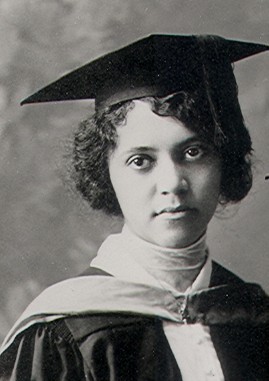
Alice Augusta Ball was an African American chemist who made significant contributions to the field of medicine in the early 20th century. She was born on July 24, 1892, in Seattle, Washington, and passed away at a young age in 1916. Despite her relatively short life, her groundbreaking work had a lasting impact on the treatment of leprosy.
Alice Ball is best known for her development of the “Ball Method,” which was the first effective treatment for Hansen’s disease (leprosy) in the early 20th century. Prior to her work, there were no viable treatments for the disease, and patients often faced severe social stigma and isolation.
